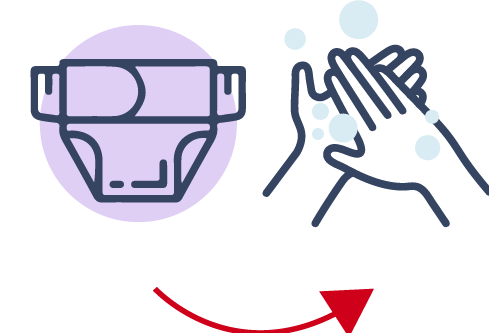Hepatitis A is an infectious disease of the liver.
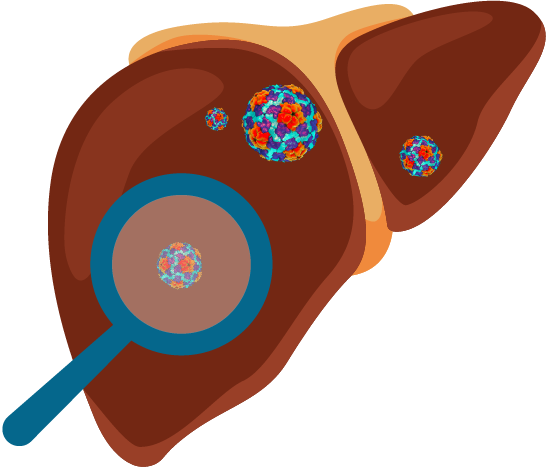
How it is spreads
Hepatitis A is usually spread when people ingest the virus after touching an object or consuming food or drink contaminated by an infected person.
It is most commonly spread:
- through contact with fecal matter of an infected person, changing diapers or cleaning up stool.
- when someone eats food or drinks something that is contaminated with the hepatitis A virus. Contaminated sources may include water, ice, shellfish (e.g. mussels) or raw or frozen fruits and vegetables.
A person can be contagious even before symptoms appear. Some people who are infected have no symptoms; this is often the case for young children. However, they can still transmit hepatitis A to others.
Symptoms
Symptoms may include fever, loss of appetite, nausea, vomiting, diarrhea, muscle aches and yellowing in the whites of the eyes and skin (jaundice). The illness usually lasts less than 2 months, but can last longer.

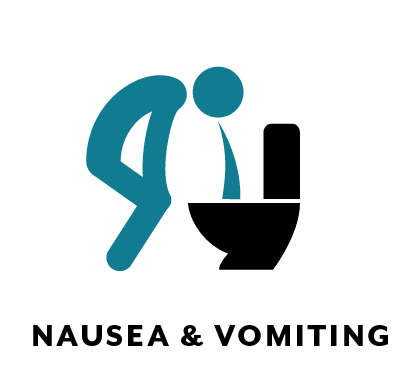
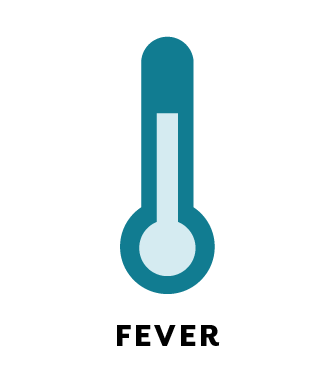
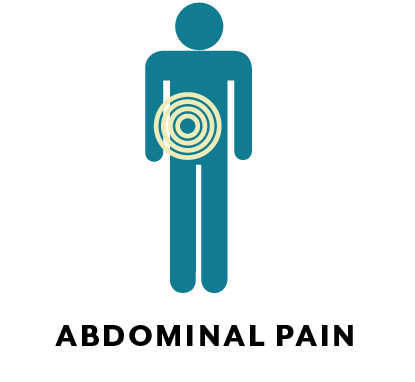

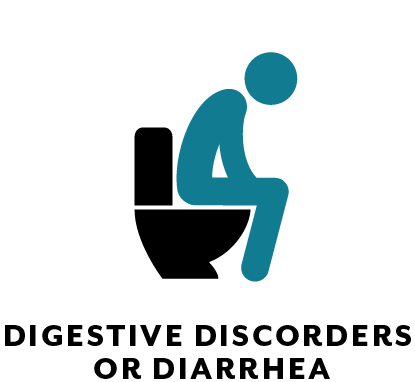
How to prevent hepatitis A
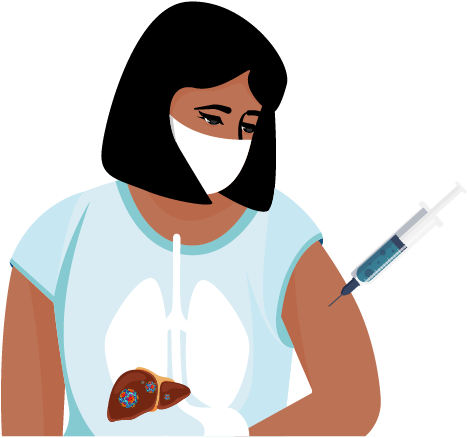 1. Vaccination
1. Vaccination
Hepatitis A is an illness that is preventable through vaccination.
The best way to prevent hepatitis A is to get vaccinated.
Listen to the testimonial of a person who had hepatitis A in 2021 (in Inuktitut):
2. Hand hygiene
Hand hygiene is a great defense against hepatitis A.
Wash your hands:
- before preparing or eating food
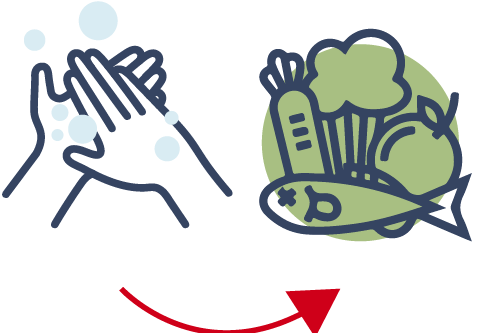
- after using the washroom
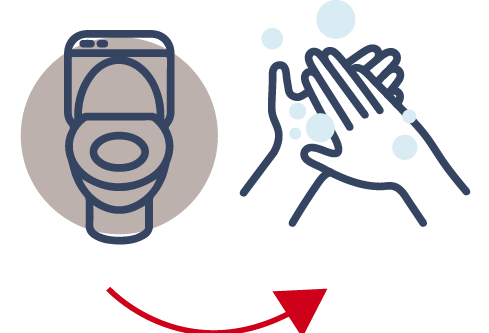
- after changing diapers
